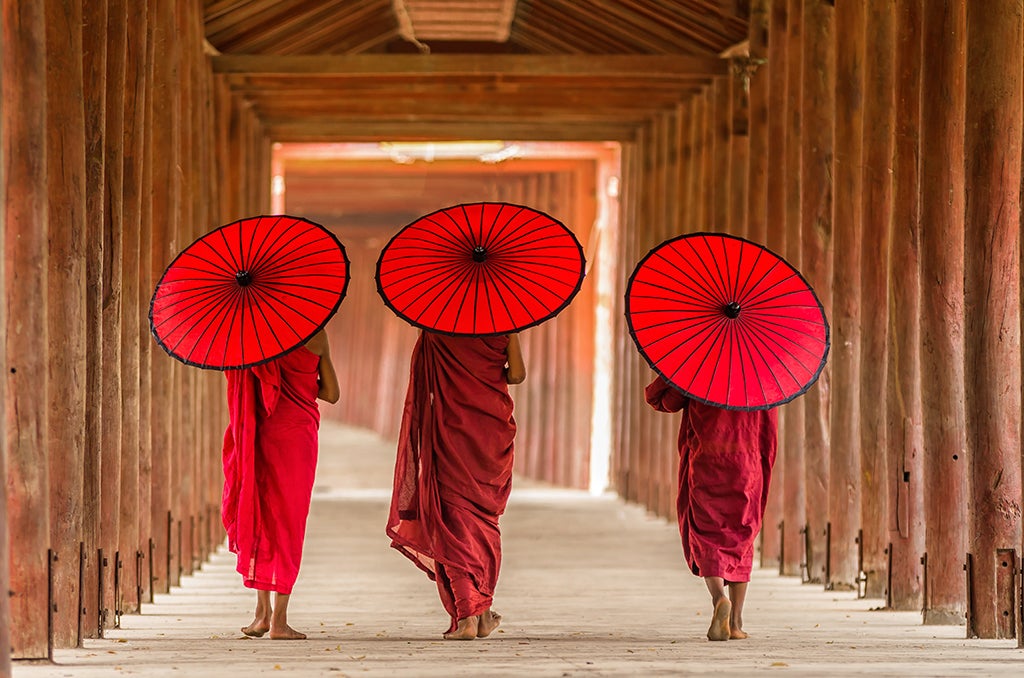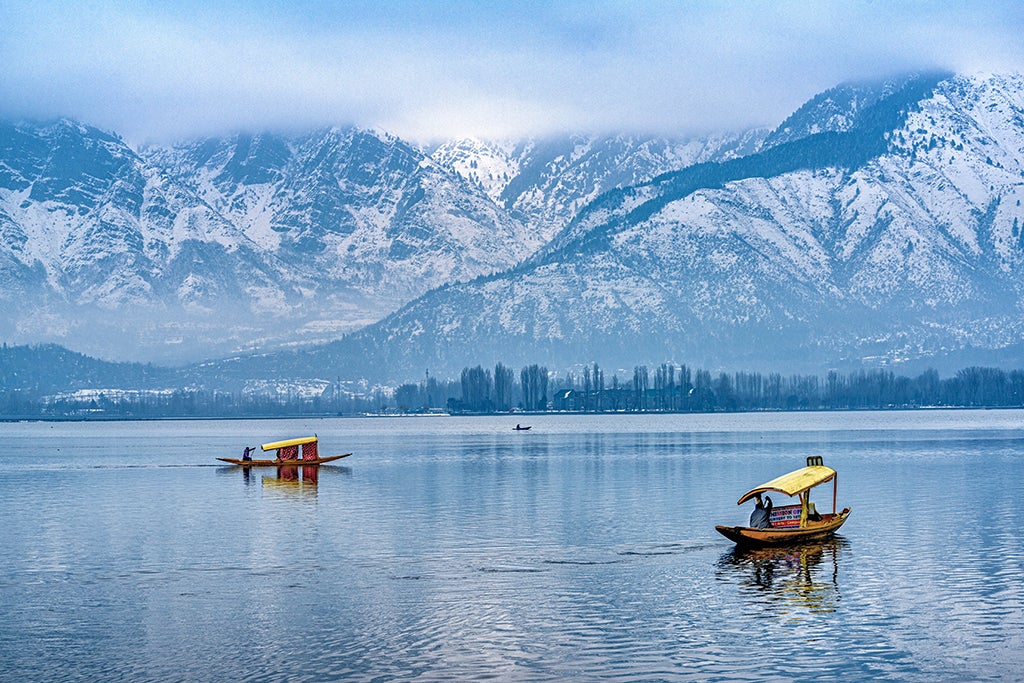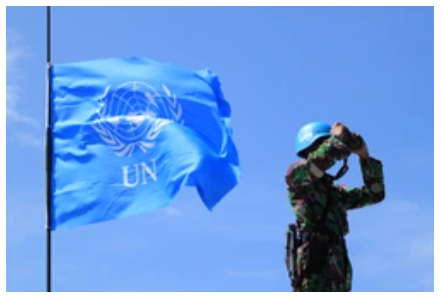Asian Peace Programme - Policy Briefs
Southeast Asia’s Fluid and Complex History of Cross Fertilization and Cultural Overlaps: Where Has It Gone?
If one were to attempt a cursory overview of the nation-states of present-day Southeast Asia today, one will encounter a common feature: In the official history books of the countries of the region, we read histories that are national in character, with many of them being somewhat inward-looking, almost parochial is scope and interest. Why is this the case, and why is it that the official histories of the countries of the region have given scant regard to the much longer and older history of cultural contact, exchange and cross-fertilization?
Farish A. Noor, 3 April 2023.
Alternative Ways of Countering Violence Extremism (CVE) in Indonesia
There exists a widespread opinion within the Indonesian society that former members of local terrorist groups, such as the Al Qaeda-inspired Jamaah Islamiyah (JI) and groups that support the Islamic State (IS), such as the Jamaah Ansharut Daulah (JAD), should be treated as “dangerous and lunatic” individuals who do not deserve a ‘second chance’ to reintegrate back peacefully into mainstream society.[1]
Noor Huda Ismail, 30 May 2022
“Maximum Autonomy with Divided Sovereignty”: An Extrapolation of Eqbal Ahmad’s Solution to the Kashmir Conflict
The Kashmir conflict, ongoing for over seventy years, is no closer to a resolution. The separatist insurgency that had emerged in the late 1980s, along with attendant military action, has claimed over 50,000 lives till date. However, the three major parties to the conflict, the Indian state, the Pakistani state and the Kashmiri separatist movement continue to have mutually-intractable positions.
Varigonda Kesava Chandra, 31 May 2022. Published in Peace Review: A Journal of Social Justice
A Southern Conception of “Sovereignty as Responsibility”
Much has been written about the extent to which international humanitarian protection, including through force, has become legitimate practice in international society. By “international society” we mean that society of governments and statespeople, whose members comprise the United Nations and span the entire globe.
Patrick Quinton-Brown, 10 February 2022
Published in Millennium: Journal of International Studies





